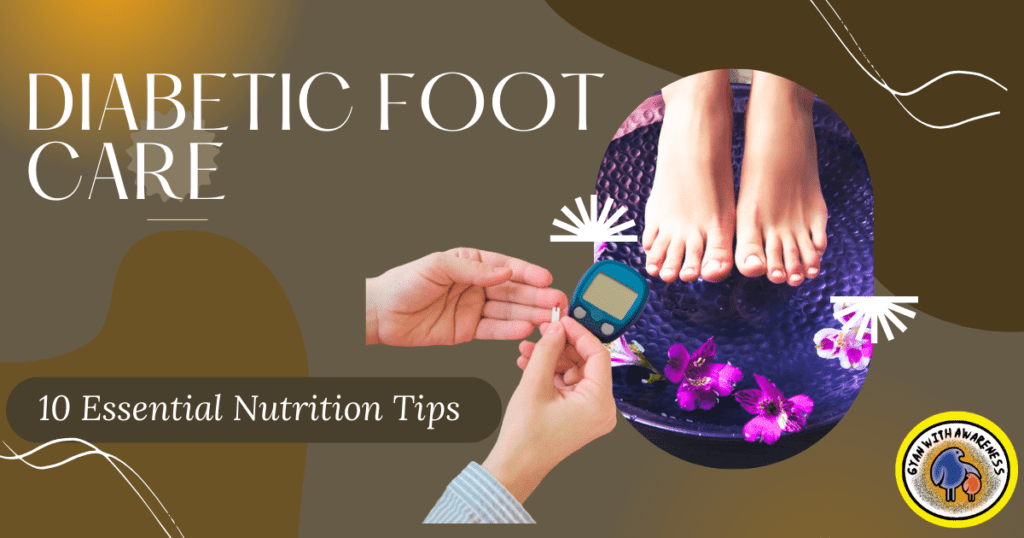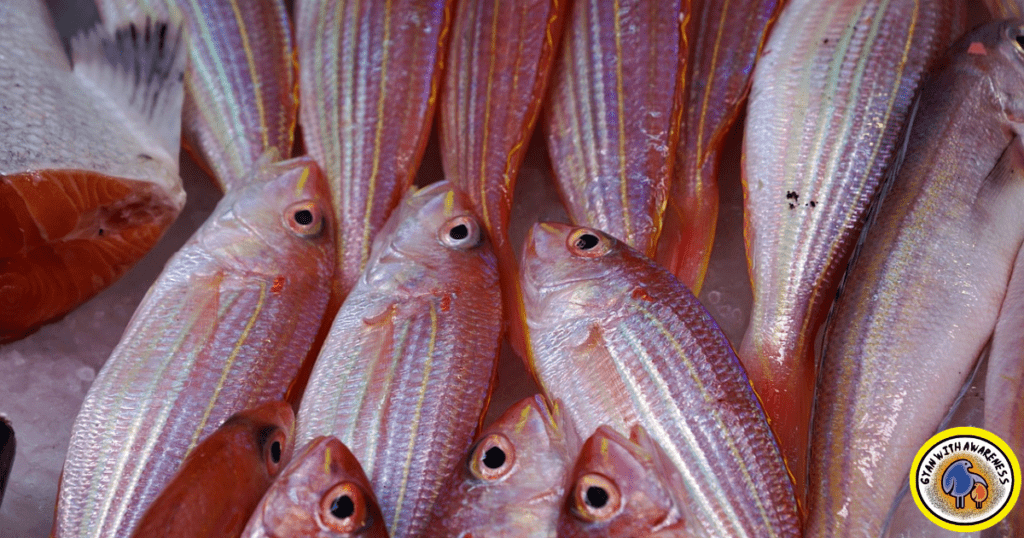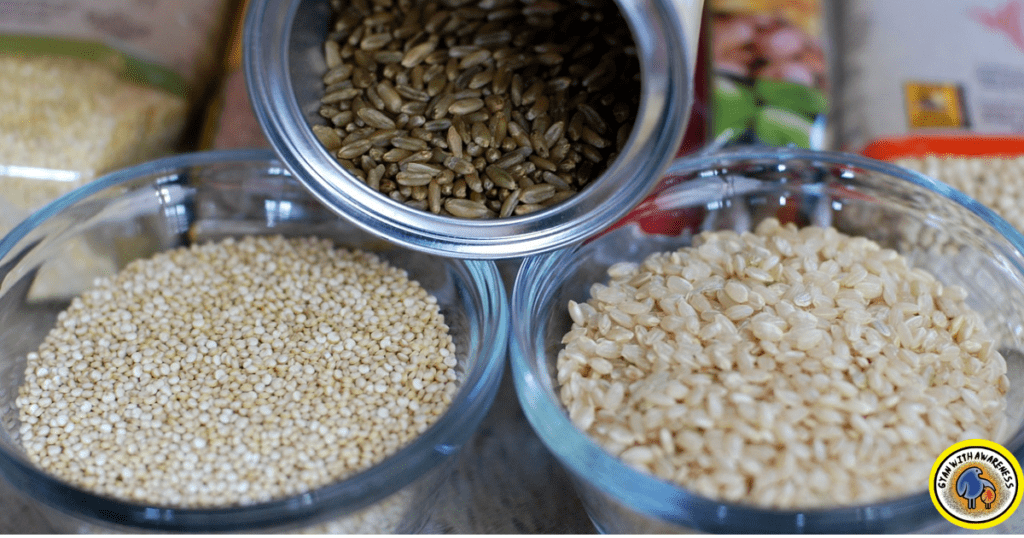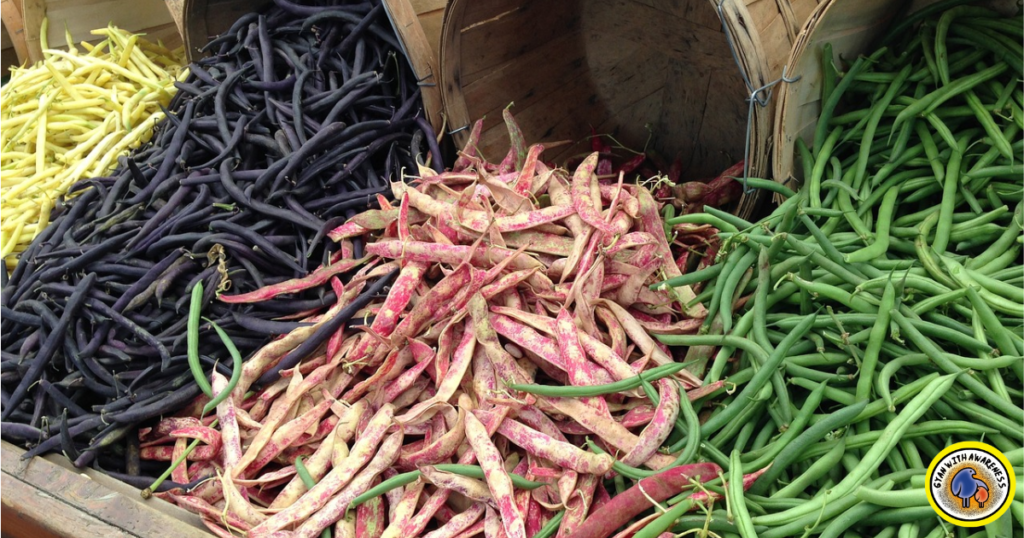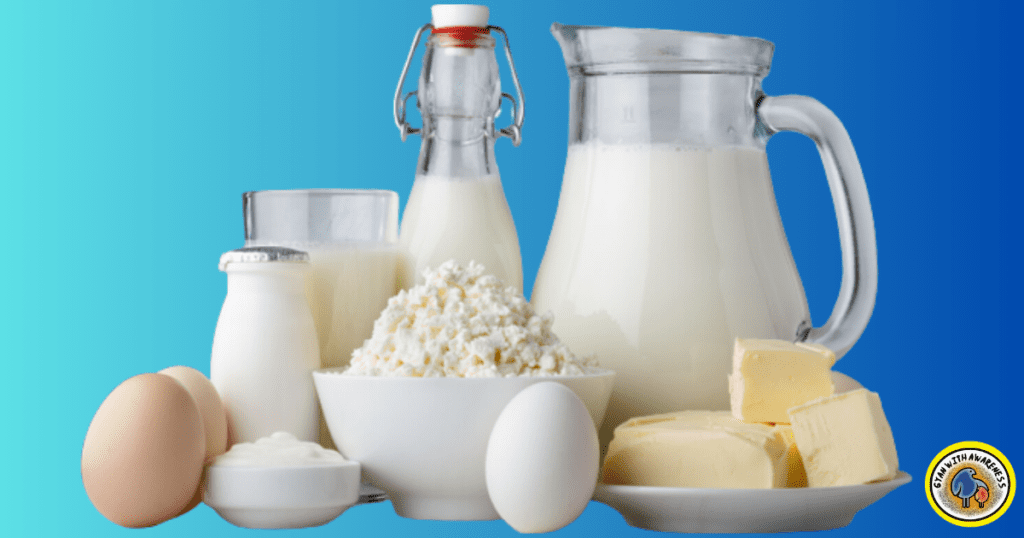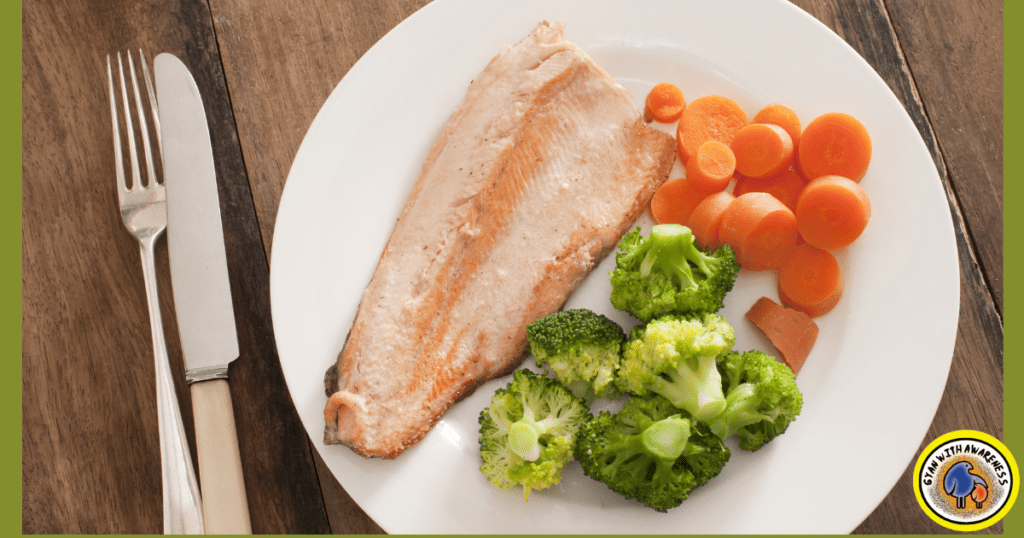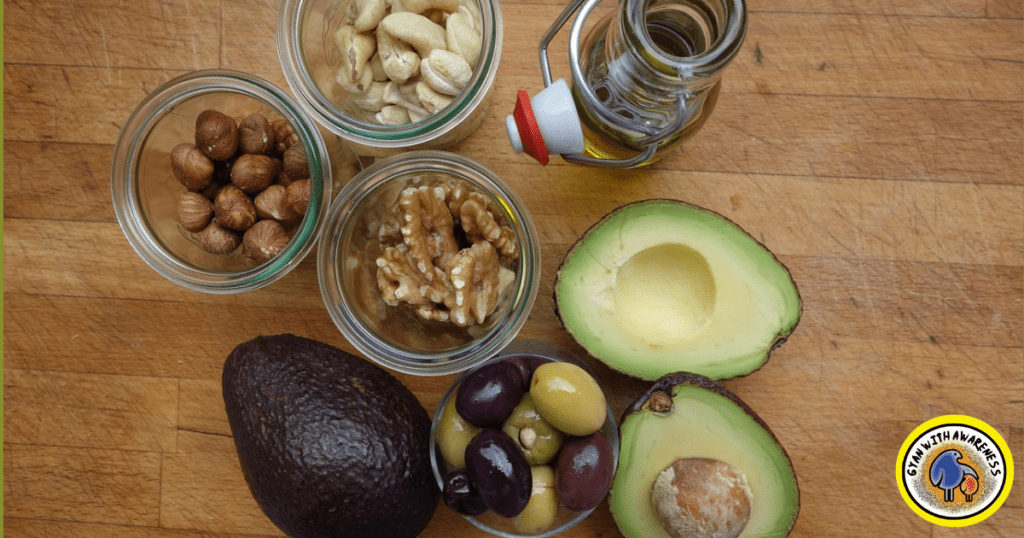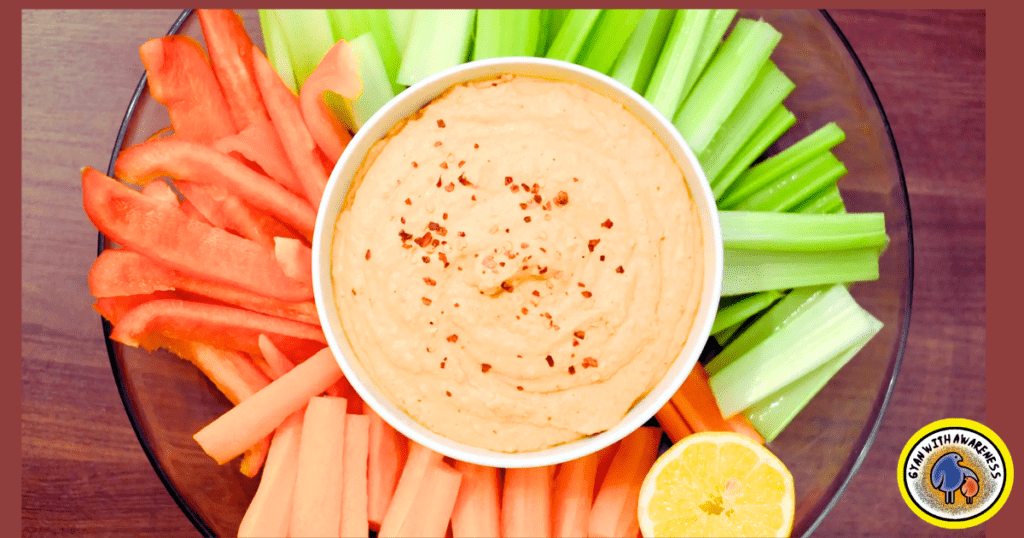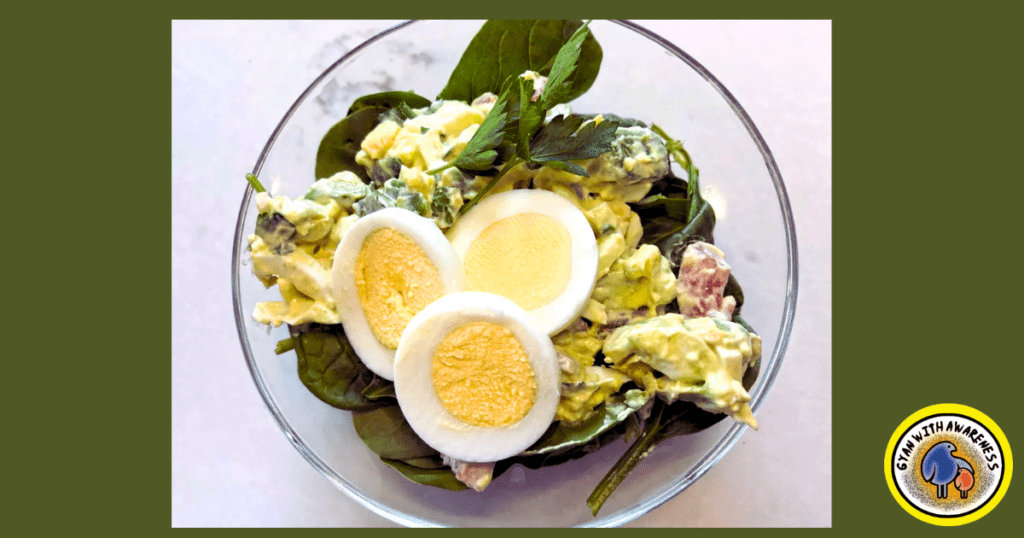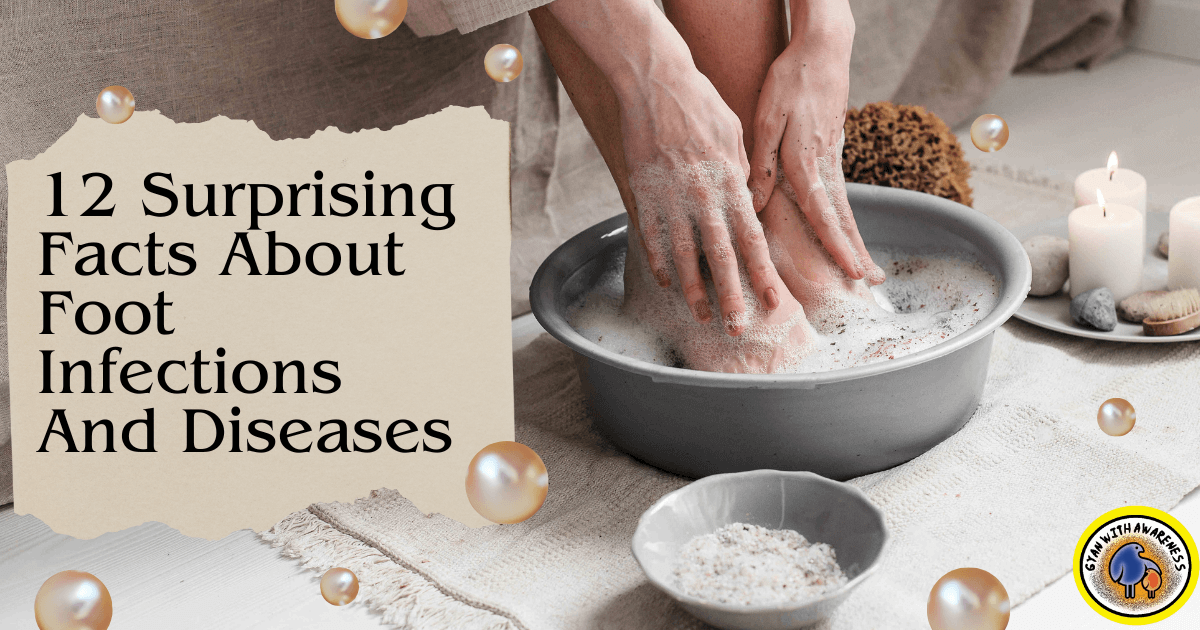Diabetic Foot Care, 10 Essential Nutrition Tips, is providing beneficial and important food information about Diabetic Foot Care. In this article we will talk about Diabetic Foot Care And Nutrition briefly, here we will get complete knowledge and advice about food and nutrition. Diabetic Foot Care is the very initial process of our life.
Our feet, the unsung heroes of our daily lives, bear the weight of our entire body and endure constant strain. Despite their vital role, we often neglect their well-being, which can lead to various foot-related problems. Proper foot care is crucial for maintaining overall health and well-being. Diabetic Foot Care is nowadays became an important part of our lifestyle. While we may prioritize skincare and haircare, the health of our feet should not be overlooked. Nutrition and food play significant but often underestimated roles in supporting foot health. The food we consume provides essential nutrients and minerals that are instrumental in promoting strong bones, preventing infections, and improving circulation.
When it comes to foot care, a holistic approach that includes proper nutrition is essential. Our feet require specific nutrients to function optimally and remain healthy.
What Exactly Is Diabetes Foot Care And Best Nutritious Food?
Proper foot care is essential for general health and well-being. When it concerns foot care for diabetics and nutrition, we generally focus on skincare and haircare, but we often forget the health of our feet. Our feet, on the other hand, require equal attention and care. Genetics and food have an important role in maintaining your feet that is frequently disregarded. Food has an important part in foot health because it contains critical nutrients and minerals that promote healthy bones, prevent infections, and improve circulation. In this post, we will look at the significance of food in diabetic foot care and nutrition, as well as some crucial dietary advice to keep your feet healthy and happy.
Diabetic Foot Care and Best Nutritious Food:’
1. Leafy green vegetables:
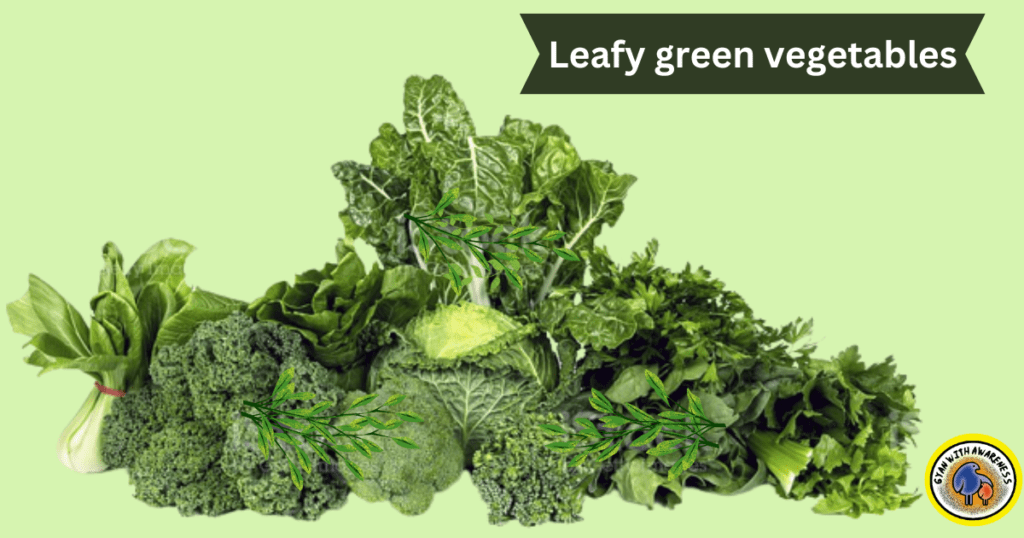
Fishes (Salmon, sardines, and tuna) are good sources of fatty acids known as omega-3, which have astringent properties and can help reduce the risk of diabetes-related heart diseases.
4. Nuts and Seeds:
Almonds, walnuts, flaxseeds, and chia seeds provide healthy fats, fiber, and essential minerals like magnesium and zinc. These nutrients support nerve health, reduce inflammation, and help maintain stable blood sugar levels.
Instead of processed grains, choose whole grains (such as quinoa, brown rice, and whole wheat bread). They contain a lot of fiber, which assists digestion, enhances blood sugar regulation, and lowers the risk of foot issues.
6. Legumes:
Plant-based proteins (beans, lentils, and chickpeas) are high in fibre, protein, and complex carbs, making them a great blood sugar control food. They also include vital minerals such as iron and zinc.
Choose low-fat or fat-free options of milk, yogurt, and cheese to obtain calcium and vitamin D, which are important for bone health and overall foot care.
Skinless poultry, lean cuts of beef or pork, and tofu are good sources of protein without excessive fat content. Protein helps with tissue repair and can aid in wound healing.
9. Healthy fats:
Avocados, olive oil, and almonds are full of heart-healthy fats, helping optimize your overall wellness and help you sustain a healthy weight. They additionally help in facilitating the decrease of inflammation and a steady rise of your glucose levels.
Remember, it’s critical to collaborate with a trained nutritionist or healthcare professional to personalize a meal regimen that takes your individual nutrition requirements and diabetes management goals into account.
Read More: Best 7 Diabetic Foot Care And Cure Tips
Improve Eyesight Naturally by Best 4 Boosting Tips
SNACK TIME:
What are some snack options suitable for diabetic foot care?
Here are some snack options for diabetic foot care that contain around 15g of total carbohydrates:
1. Greek Yogurt Parfait:
• Ingredients: ½ cup Greek yogurt, ¼ cup berries (e.g., strawberries, blueberries), 1 tablespoon chopped nuts (e.g., almonds, walnuts), 1 teaspoon honey (optional).
• Recipe: Layer Greek yogurt, berries, and nuts in a small bowl or cup. Drizzle with honey if desired. Enjoy!
2. Veggie Sticks with Hummus:
• Ingredients: Assorted raw vegetables (e.g., carrot sticks, cucumber slices, bell pepper strips), 2 tablespoons hummus.
• Recipe: Wash and cut vegetables into sticks or slices. Serve with hummus as a dip.
3. Hard-Boiled Eggs with Whole Grain Crackers:
• Ingredients: 2 hard-boiled eggs, 4-6 whole grain crackers.
• Recipe: Peel the hard-boiled eggs and pair them with whole-grain crackers for a protein and fiber-rich snack.
Diabetic Foot Care in General: –
👉Control your blood sugar levels to avoid complications and promote healing.
👉Inspect your feet regularly for cuts, sores, or infection symptoms. If you observe any anomalies, get medical attention.
👉Every day, wash and thoroughly dry your feet with mild soap and warm water, paying careful attention to the spaces between your toes.
To prevent dryness and cracking, moisturize your feet regularly, but avoid applying lotion between the toes.
👉To prevent ingrown nails, trim your toes straight across and softly file the edges.Taking care of your feet is critical for keeping them healthy and avoiding frequent foot disorders.
You may have healthy, soft, and pain-free feet by following these guidelines and adopting a regular foot care practice into your self-care routine. Remember that your feet are as important as any other part of your body.
💡FAQ
👉What foods are good for diabetics’ feet?
👉Which foods are considered as possessing a tendency to aid in the healing of diabetic wounds?
😊Protein-rich foods that involve lean meats, poultry, and fish, can do the treatment of wounds associated with diabetes. Antioxidant-rich fruits and vegetables including berries, citrus fruits, leafy greens, and bell peppers can also help with rehabilitation. Additionally, omega-3 fatty acids found in sources such as fatty fish, walnuts, and flaxseeds may have anti-inflammatory perks for wound reconstruction.
👉What vitamin is necessary for diabetic foot health?
😊The B12 vitamin is also important for nerve function and can help those suffering from diabetic neuropathy, a common consequence of diabetes that affects the nerves, notably those in the foot.
